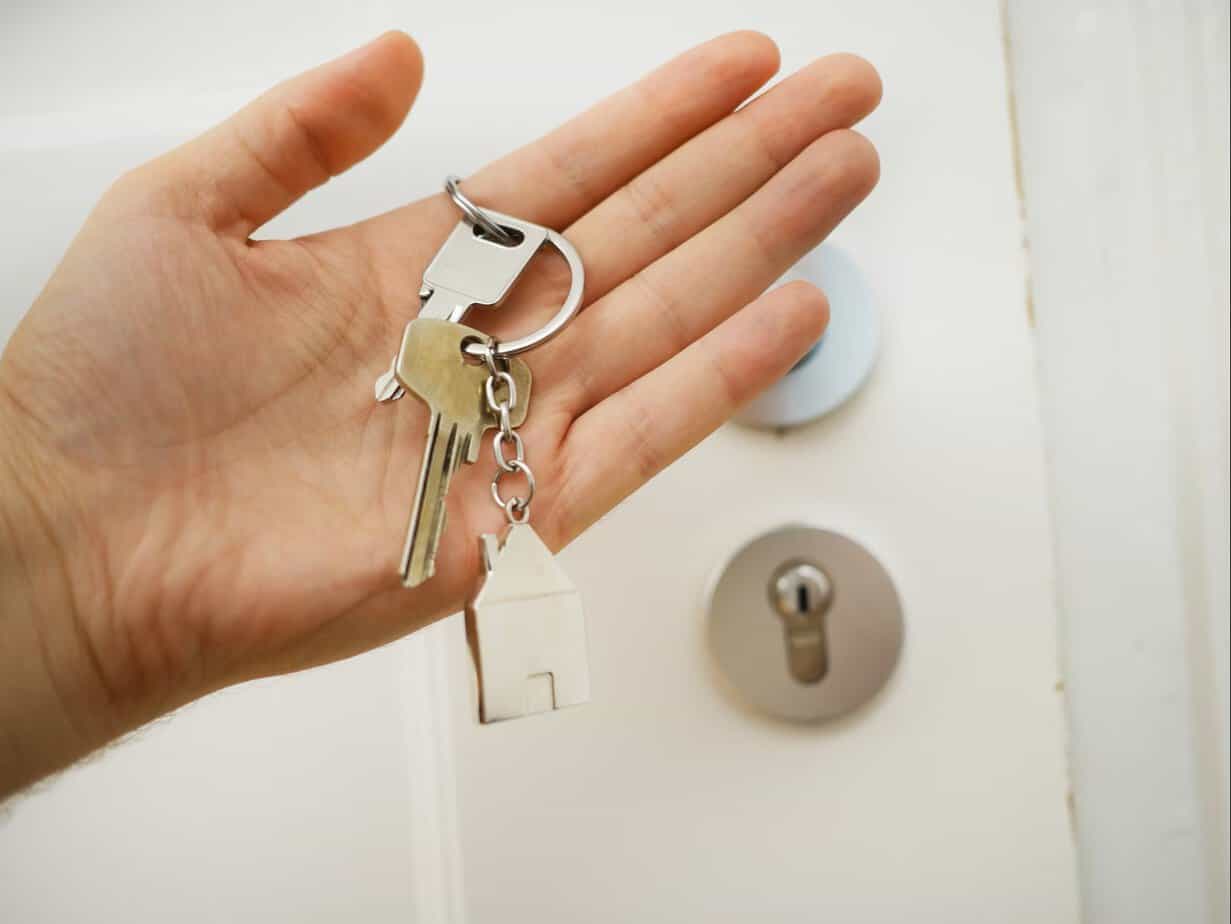
How to Tell if an Agent is Fake
Listing False Property Descriptions
Real estate agents get money after selling a property. So, they must use enticing words to attract buyers at all costs. On the other hand, scammers will give false information on non-existing homes and make the buying process easy to attract non suspecting clients. Once the buyer is convinced, they ask for security fees. So, make sure you see listings to be sure you are dealing with legit agents.
Do not own a Physical Office
In most cases, fake agents pretend that they have the property you are interested in. They also inform you that they are out of town, and thus it is hard to meet in person. So, do not trust an agent without a physical address. Others call at odd hours to persuade clients to proceed with transactions.
Those who Avoid Paperwork
If you notice an agent is avoiding paperwork, that is a sign that they aren’t legit. Scammers do not want to sign any contract to avoid giving out their details. If you suspect a person, check their details on the Estate Agency Affairs Board website.
Agents who do not have Reviews Online
Legitimate real estate agents should have professional websites for their businesses. Check what other people are saying about them and determine if they are real. However, scammers can also get reviews from their accomplices. So, insist on visiting the office or sending someone on your behalf to confirm their legitimacy.
Operating without a License
A legit agent operates with a valid license. An agent with large social media followers does not necessarily mean they are operating legally. So, make an effort to verify if the agent is legit. It will cost you some money, but it is better than losing your money to scammers.
Asking for Deposits before Viewing the House
When looking for houses on the internet, be cautious since scammers have also come up with websites where they pose as sellers. These online swindlers usually post a house and ask for upfront cash as a down payment or security fees and disappear once they get the money. The typical red flags are; sellers with a social media account without real photos, demands payment before the site visit, and those who fail to send more pictures upon request.
A real estate agent is entitled to connect sellers and buyers and get their commission afterward. However, some people do not want to work hard and follow the proper procedures. All they want is quick money from unsuspecting citizens. So, before getting in a deal with an agent, make due diligence by checking the red flags discussed above. You can also report anyone who tries to defraud your money.




